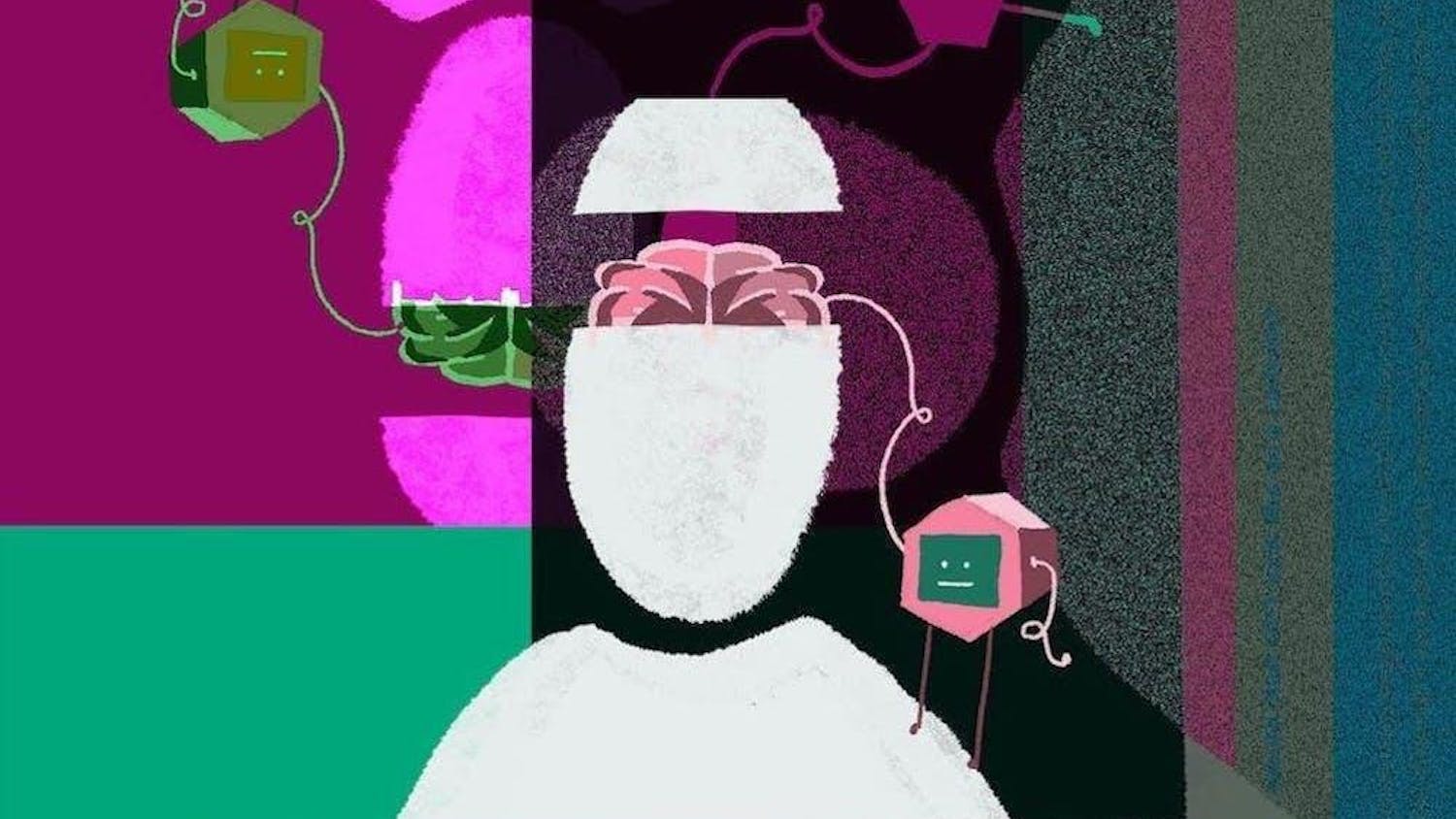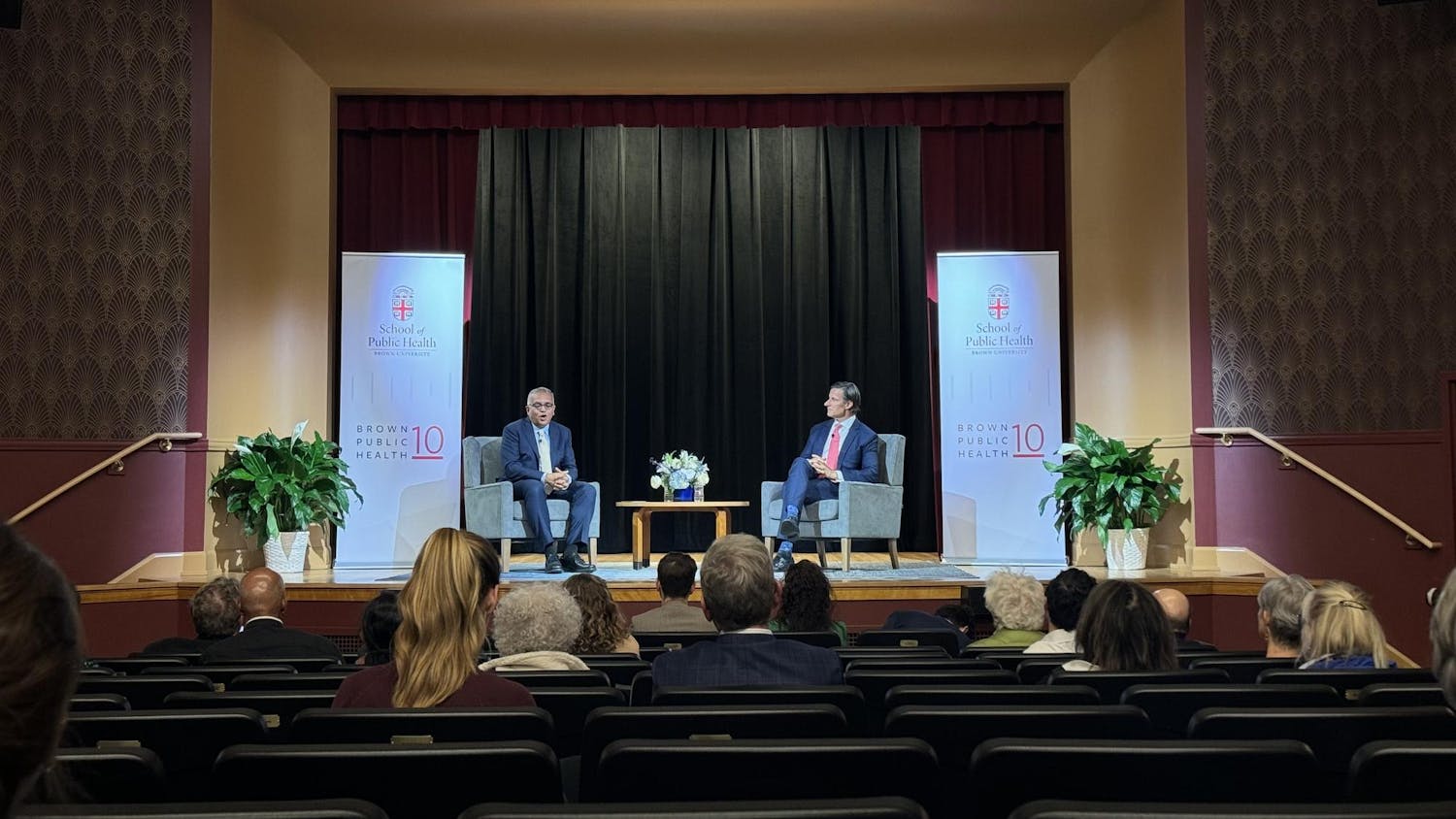[gallery ids="2828201,2828202,2828203"]
Every day, Ruhul Abid, assistant professor of surgery, and his team set up their makeshift tent in Bangladesh and check the height, weight, blood pressure, blood glucose and hemoglobin levels of around 300 Rohingya refugees from Myanmar. Having spent days crossing mountain, sea and jungle, the refugees have little more than the sparse clothes on their backs. One-fifth of them are severely malnourished children under the age of six. Many of the women have been sexually assaulted. None of them has ever received any type of vaccination. One boy has a bullet wound in his head.
“When I heard about (the Rohingya persecution from Myanmar), I couldn’t sleep. Every night, I was just thinking, what can I do?” Abid said.
Abid, who grew up in Bangladesh, began his health work in the country following the garment-factory collapse in Dhaka that killed 1,129 people. He mobilized a team of paramedics to provide free-of-charge health care to the exploited laborers who worked around 10 hours a day, six days a week.
When he saw images in the media of the starving, ill and abused Rohingya refugees in Bangladesh, Abid immediately reached out to his Dhaka team about providing urgently needed health care.
“Those pictures moved me. I planned my small team — we went there, set up four tables and served,” Abid said. He, along with 15 others, moved 8,000 miles across the world on Oct. 9 and set up two eight-member centers.
Although their four tables were initially set up to check for simple problems, they often exposed larger health issues.
“Once I looked down at this boy with a terrycloth tied around his head holding his medical card to get his height and weight checked. … I went ahead and took off the cloth and he had an infected bullet wound that went from the side of his eye to the back of his ear,” said Jane Carter, a doctor on Abid’s team.
“I’ve seen babies 10 days old, whose mothers were giving birth while crossing the border,” Abid said.
Because the Myanmar government stripped the Rohingya of their citizenship in 1992, none of the refugees has had any sort of polio, measles, HIV or tuberculosis vaccines. In fact, there is practically no record of the Rohingya existing at all.
“We are finding records of all of these diseases. We are finding sexual assault victims who do not talk about their experiences until our female workers ask them in confidentiality. They are malnourished. The hygiene is horrible. Vaccine centers are overflowing. But we are trying to do everything we can to help,” Abid said.
Abid’s team not only exposes these diseases and connects patients to treatments and support centers, but they have also created an electronic system that tracks every refugee they have seen so that they can follow up.
“Every month, we’re seeing around 7,500 patients, and we have electronic medical records for all of them,” Abid said. His team is the first to create such a system, which relies on solar energy to generate electricity in the remote area.
Each refugee patient receives a laminated barcode that can be scanned to follow up on previously received diagnoses or treatments. The collected health data is then sent to the United Nations Population Fund and the Ministry of Health in Bangladesh to provide the Bangladesh government with patient profiles and data on the health care received.
Abid, who has briefly returned to America to improve the project’s systems, will go back to Bangladesh in two weeks to continue his work with the Rohingya until at least Dec. 31. The continuation of his work, however, depends on funds and donations. Currently, most of the funds that support him were found through the help of Brown’s Global Health Initiative, which “funds students for multidisciplinary global work and helps faculty members find the connections and funding they need to do their work,” said Susan Cu-Uvin, director of the initiative.
With over half a million refugees within an area less than one-fourth the size of Rhode Island, the makeshift camps are overflowing, Abid said.
“These people are not going to go back to their homes anytime soon,” Abid said. “This is an international problem. It’s such a huge disaster. And we need to provide health care.”




